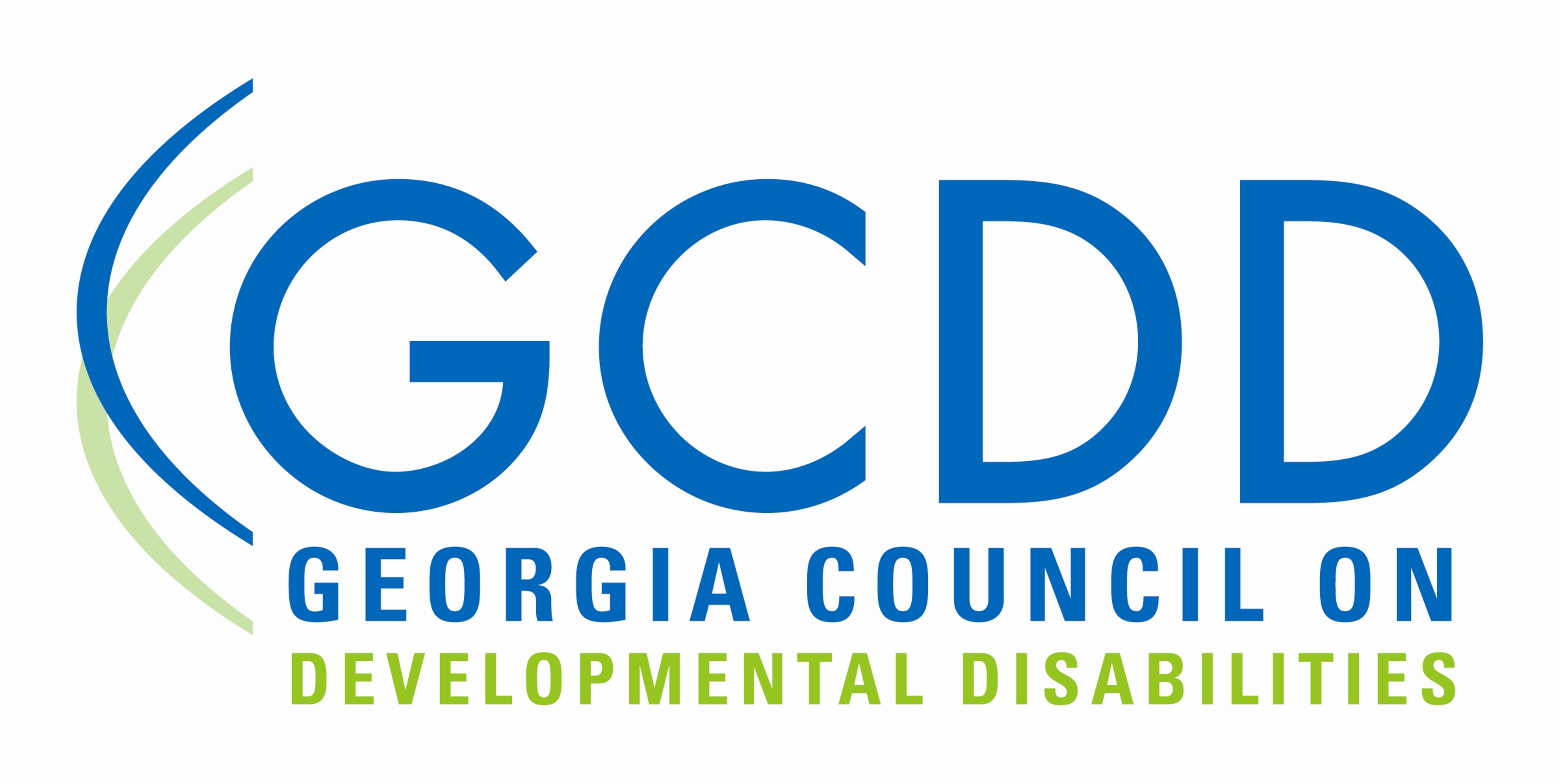Rob McMaken is an educator and musician. He lives with his wife Vicki and their two kids Finn and Emerson.
As a parent, I am incredibly grateful to everyone in this community who has supported the Georgia Conflict Center over the years. My kid Finn was supported all her three years at Clarke Middle School by the restorative justice program.
Let’s face it, middle school is hard for just about everybody. It’s particularly hard when kids find themselves ostracized or situations that involve conflict. Mr. Fayoyin does an incredible job of helping people in the school to understand their own feelings, actions, and impacts. Finn has said “I really don’t know how I would have made it” without the work done in the peace room through the restorative justice program.
Now, as a high school educator in a different school system, I’ll share a personal anecdote to illustrate how special and valuable the restorative justice program is. Once, upon returning from a midday restorative circle at CMS, the juniors and seniors in my high school AP Art History class saw a “CMS VISITOR” sticker still on my shirt from the visit. One of them asked me “where have you been?” I decided then to tell them about the restorative justice protocols in CCSD. When I finished explaining, I noticed that two different kids -- both college-bound seniors -- had tears in their eyes. Concerned, I asked, “oh no, what’s wrong?” One said “we need that here.” The other one said “why doesn’t every school have that?”
I cried in front of my students.
Later, I realized these were tears of sadness (for the truth of what they said) and tears of joy (for the kids of CCSD who benefit from this work).
I believe that students who do not have restorative justice programs in their schools are absolutely being deprived of developing interpersonal and intrapersonal skills that are essential. Gratitude to all of you who support this wonderful and essential service.
















.png)


.png)



